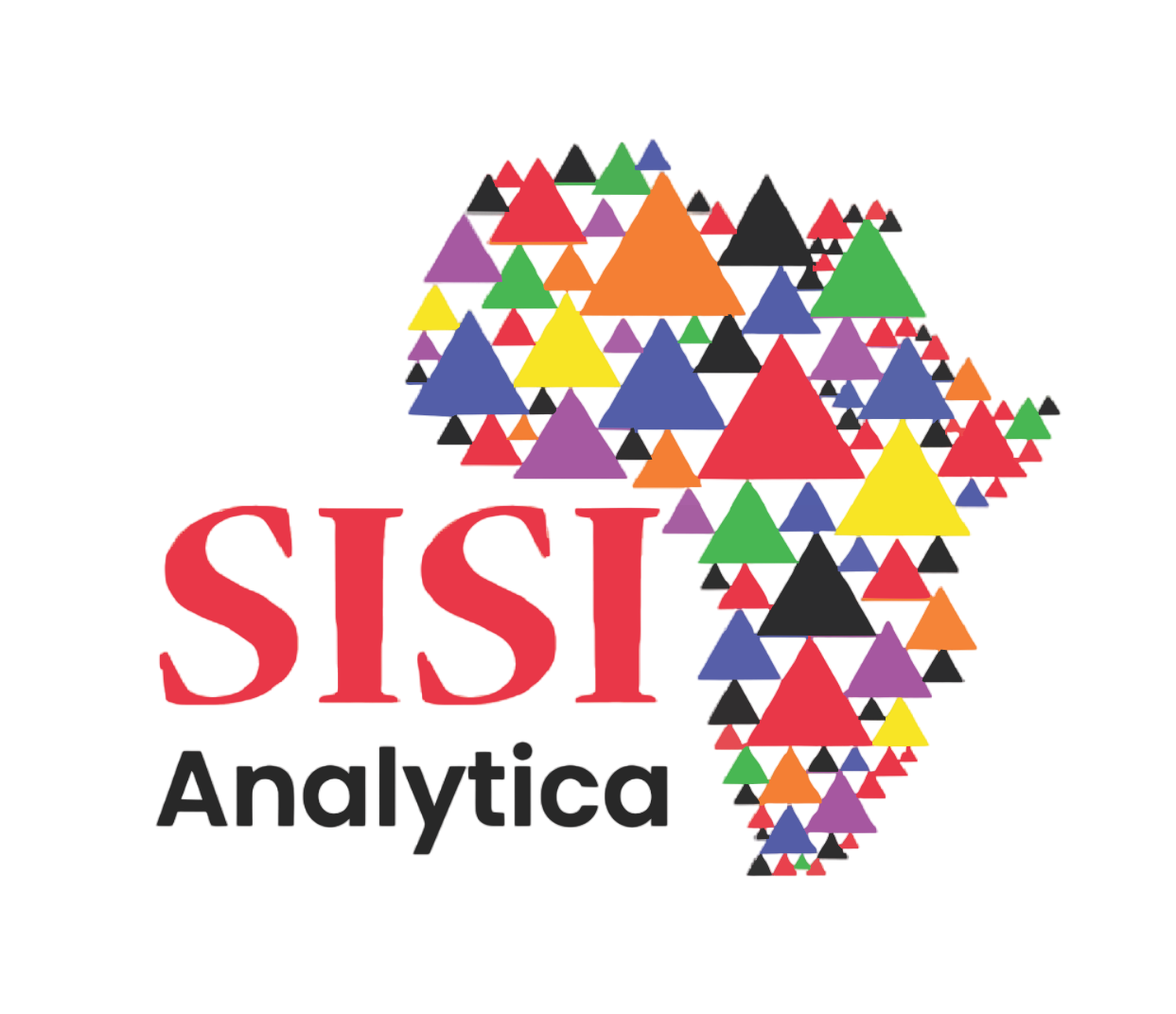By Nathan Kiwere
Samuel Johnson’s observation, “Mankind have a great aversion to intellectual labour; but even supposing knowledge to be easily attainable, more people would be content to be ignorant than would take even a little trouble to acquire it,” highlights a timeless truth about human nature. Despite living in an age where information is more accessible than ever, many individuals consciously avoid the pursuit of knowledge, often preferring ignorance or comfort over the effort required for intellectual growth.
At the core of this aversion lies the human tendency to choose paths of least resistance. Intellectual labour requires focus, curiosity, and perseverance—qualities that demand effort and often go unrewarded in the short term. In contrast, entertainment and distractions provide immediate gratification. A stark example of this is the widespread preference for social media scrolling over reading or engaging in educational activities. Platforms like TikTok and Instagram are designed to deliver instant dopamine hits, drawing millions of users who spend hours consuming content with little to no intellectual engagement. Despite having free access to online educational resources like Khan Academy or Coursera, many people opt for passive consumption rather than active learning.
The aversion to intellectual labour is also rooted in an unwillingness to confront one’s own ignorance. Accepting new knowledge often means revising deeply held beliefs—a process that can be uncomfortable and even threatening to one’s identity. In the workplace, for example, employees may resist adopting new technologies or methods not because they are incapable of learning, but because doing so requires admitting that their existing skills are outdated. This resistance can hinder progress and innovation, as seen in industries struggling to adapt to automation and digital transformation.
Reversing mankind’s aversion to intellectual labour requires systemic and cultural changes. Education systems need to emphasize critical thinking and curiosity rather than rote memorization. Employers and policymakers must incentivize lifelong learning, making intellectual effort both rewarding and necessary for success. Furthermore, individuals must recognize that intellectual labour, though demanding, enriches life in ways that ignorance cannot.
For example, Finland’s education system encourages creativity and critical thinking from an early age, fostering a culture where intellectual labour is valued. Similarly, community reading programs and online forums like Reddit’s “Explain Like I’m Five” foster environments where learning is collaborative and non-intimidating, making knowledge acquisition less daunting.
Samuel Johnson’s insight into mankind’s reluctance to engage in intellectual labour remains relevant today. As societies, we must collectively embrace the value of intellectual labour, recognizing that its rewards—though not immediate—are essential for personal growth and collective progress. Only then can we shift from contentment in ignorance to a culture that treasures the pursuit of knowledge.


Leave a Reply